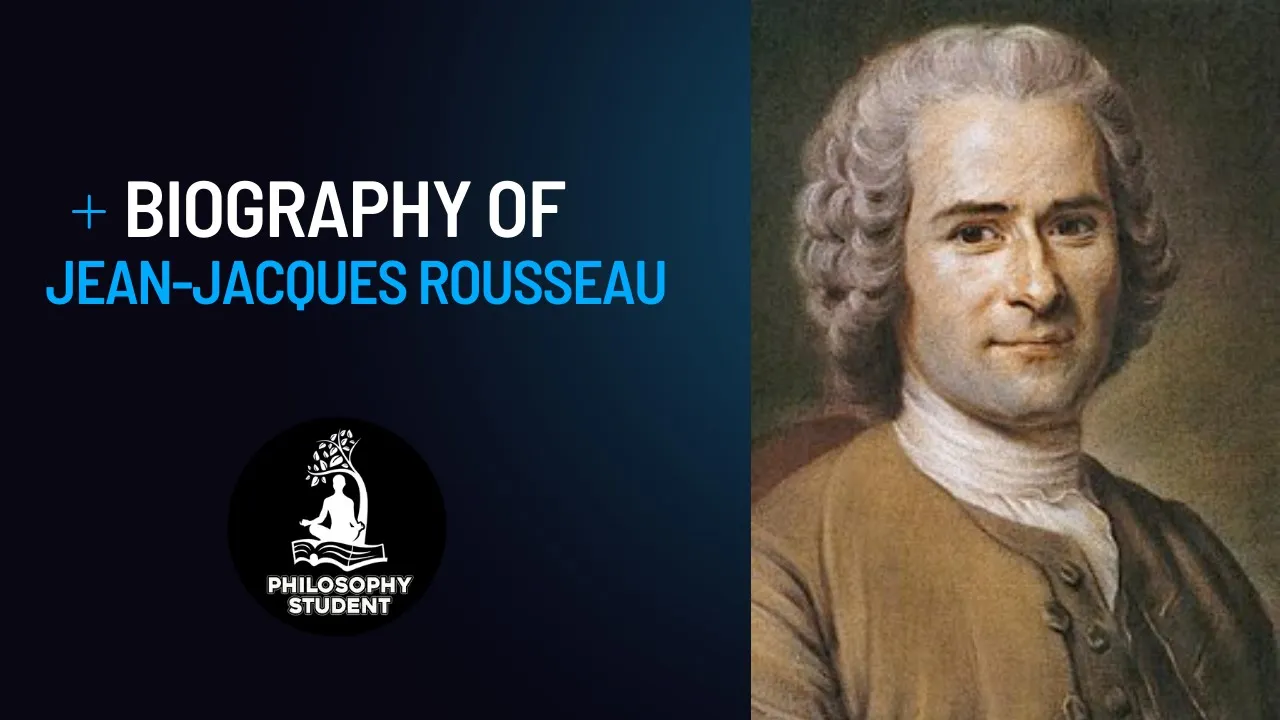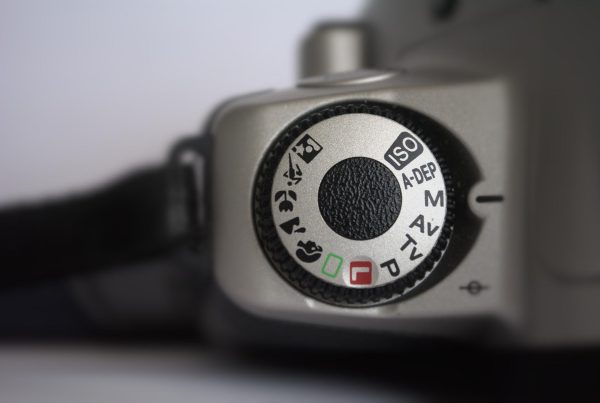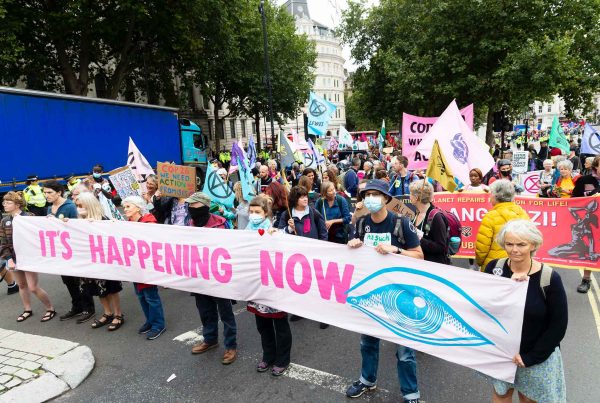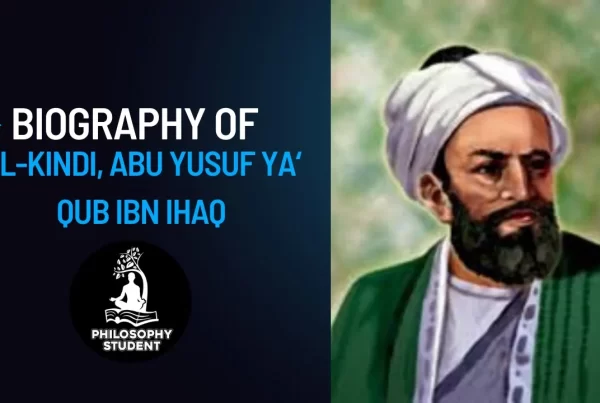Rousseau arrived in Paris in 1742 and, the next year, published Dissertation on French Music, which was well received. He secured an appointment as secretary to the French ambassador to Venice and then returned to Paris in 1744, beginning a lifelong relationship with Thérèse Levasseur, with whom he had five children. During this time he also became associated with Denis Diderot, cofounder and chief editor of the great Encyclopédie, and contributed work to the project.
In 1749, his Discourse on the Arts and Sciences won first prize (1749) at Academy of Dijon, making him famous overnight. His first truly philosophical work, the book argues that the arts and sciences corrupt morality. Put another way, Rousseau held that civilization itself is destructive to human beings. This idea became foundational to the vast Romantic movement that swept Western art, literature, and thought through at least the first third of the nineteenth century.
In 1755, a sequel to Discourse on the Arts and Sciences titled Discourse on the Origin and Basis of Inequality among Men further developed the notion that man in the “state of nature” is superior to man in the state of civilization by explaining how the development of the concept of private property is the original sources of all inequality and, thus, all injustice. Taken together, the two discourses may be seen as a philosophical speculation on the perfectibility of humankind.
In counterpoint to his philosophical output, Rousseau composed a successful opera, Le Devin du village (The Village Soothsayer, 1752), which became a favorite of King Louis XV. Returning to Geneva, he wrote a bestselling and very influential epistolary novel La Nouvelle Heloise (Julie; or the New Heloise, 1761), which developed his moral philosophy further, exalting the ethics of personal authenticity over rational moral principles. This extraordinarily influential work was followed in 1762 by Emile, an anti-intellectual treatise maintaining that the sole purpose of education should be to teach men to live. La Nouvelle Heloise was condemned by the Roman Catholic Church, and both Emile and The Social Contract (1762) provoked official censorship.
The Social Contract argued against the divine right of kings and held that the only “legitimate” government is one in which the people—men and women—are sovereign. The book inspired political reforms throughout Europe and played a direct role in motivating the French Revolution. It also prompted Rousseau to move from one country to another throughout 1762-1779. He was living in England when he wrote his extraordinary Confessions (1766-1769; published posthumously in 1782), which inspired other such revelatory autobiographies by the likes of Goethe, Stendhal, De Quincey, and Casanova.
After his return to Paris in 1770, Rousseau earned a living as a music copyist and wrote Dialogues (1774) and Reveries of the Solitary Walker (Les Rêveries du promeneur solitaire), a contemplative valediction, which, left unfinished, is a work of profound resignation. Rousseau died on July 2, 1778, at sixty-six, in Ermenonville, France.




































